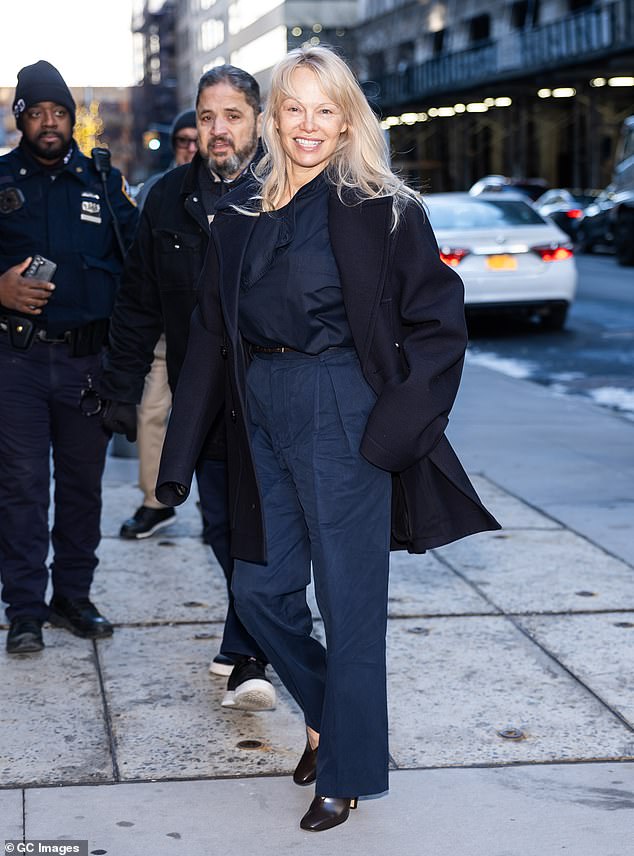MGM Resorts has agreed to pay $8.5 million (£6.4 million/€7.5 million) to Nevada regulators over a host of anti-money laundering (AML) violations tied to two illegal bookmakers.
Yesterday (17 April), the Nevada Gaming Control Board (NGCB) filed a 10-count complaint against MGM Resorts International and a stipulated settlement for the fine. The anti-money laundering (AML) violations occurred at two of MGM’s Las Vegas Strip casinos, the MGM Grand and the Cosmopolitan. This latest settlement mirrors a $7.45 million fine that MGM paid last January as part of a federal non-prosecution agreement related to the matter.
The Nevada Gaming Commission (NGC) will now make a final ruling on the settlement at its meeting 24 April. Nevada has a dual-regulatory regime; the board handles much of the legwork but reports to the commission.
MGM’s troubles primarily revolved around two high-profile illegal bookmakers, Wayne Nix and Mathew Bowyer. Nine of the 10 counts from the NGCB relate to Nix, with the other relating to Bowyer. MGM executives, including Scott Sibella, were allegedly aware of both bookmakers’ illicit source of funds but allowed them to continue gambling at the casinos, according to the complaint. Markers paid in cash also went unreported.
Nix and Bowyer both currently await sentencing in federal court for charges related to money laundering and illegal gambling. Sibella was president of MGM Grand at the time of the violations. The former executive last year was sentenced to a year of probation and a $9,500 fine for his role in the scandal, and his state gaming licence was revoked for at least five years last December.
The NGCB said in a release yesterday that the settlement “dictates specific conditions be placed on [MGM] and on the properties’ gaming licenses”. Numerous “remedial measures” will also be “implemented at [MGM] and its subsidiary gaming properties”, the board said.
Latest chapter in wide-ranging scandal
If approved, MGM’s settlement would be the latest closed chapter in a sweeping AML scandal. Bowyer’s illegal enterprise played a central role in a comparable investigation and fine for Resorts World Las Vegas (RWLV). That casino settled for $10.5 million with the NGC on 27 March.
In addition to allowing Bowyer to gamble, RWLV also hired his wife Nicole to be his personal host. Thus, Bowyer profited off his gambling losses, which were said to have been at least $7.9 million. The NGC in January rejected a proposed settlement for Nicole Bowyer, seeking a lifetime ban and potential forfeiture of funds generated from her husband’s gambling activities.
One of Bowyer’s most high-profile clients was Ippei Mizuhara, Shohei Ohtani’s former English-language interpreter. Mizuhara in February was sentenced to 57 months in prison for embezzling approximately $17 million from Ohtani to gamble with Bowyer’s illegal book. At Mizuhara’s sentencing, assistant US Attorney Jeff Mitchell described the Ohtani case as one of the largest global sports stories of 2024.
Last April, ESPN reported that Mizuhara paid a portion of his losses to an associate of Bowyer. The associate then forwarded the funds to marker accounts at RWLV and Pechanga Resort Casino, a tribal property in California, according to ESPN. Of Bowyer’s losses at RWLV, $6.6 million came in a 14-month span from August 2022 through October 2023. Bowyer has been described by multiple sources as one of the nation’s largest bookmakers.
Alleged failures to report suspicious activity
The Nevada investigation found that MGM and its subsidiary properties had identified suspicions of Bowyer’s gambling activities as early as March 2015. According to the filing, an unnamed host and two unnamed marketing managers were informed via email on 27 April 2018 that Bowyer allegedly served as an illegal bookie and may have attempted to divert clients from MGM.
The three employees failed to comply with the company’s AML program and failed to comply with the company’s internal controls that required them to report suspicious activity, the complaint reads. Over the four-year period, Bowyer wagered at MGM properties on more than 300 days, regulators allege.
Sibella left MGM Grand in 2019 to become president of RWLV. He was terminated by the casino in September 2023 after he “violated company policies and the terms of his employment”.
“The two bookmakers that put Resorts World in this situation, gambled at all the major casinos in Las Vegas for many years, before, during and after Resorts World opened,” Sibella told the Las Vegas Review-Journal last month.
Numerous MGM figures on RWLV board
One of the remediation measures for RWLV that was applauded by Nevada regulators was the formation of a board of directors for the casino and a new CEO. But the optics of said appointments look a little different following MGM’s settlement.
Current board members include former MGM CEO Jim Murren and Brian Sandoval, a two-term governor of Nevada. Sandoval was appointed as MGM’s president of global gaming development under Murren in 2019, one day after his final gubernatorial term ended. Michelle DiTondo, another board member, was chief human resources officer for MGM from 2011-2019. New CEO Alex Dixon was also an MGM employee at the time of the violations.
Several of the RWLV appointees were present for the casino’s hearing last month. NGC Commissioner Brian Krolicki at one point referred to the new cadre as a “dream team”. Any formal action taken on the federal level against RWLV could enable Nevada regulators to consider additional remediation. Krolicki described the option as an integral part of negotiations with the casino.
According to the Nevada Current, Murren and the NGCB were made aware of the potential AML violations by Sibella and others as early as 2019. In addition to his role at RWLV, Murren also currently serves as the chairman of the General Commercial Gaming Regulatory Authority, the newly established gaming regulator of the United Arab Emirates.
MGM: ‘Additional steps to strengthen safeguards’
The settlement came several days after MGM Resorts CEO Bill Hornbuckle’s appearance this week at the East Coast Gaming Congress in Atlantic City. In addressing broader concerns on money laundering on the Las Vegas Strip, Hornbuckle told iGB that the company continues to maintain the “right culture”. While Hornbuckle admits that a “rogue employee” may be responsible for a rare slip-up, he noted that MGM is in constant communication with regulators when something appears amiss.
In response to Friday’s settlement, MGM released the following statement: “MGM Resorts takes its compliance responsibilities seriously and cooperated fully with the Nevada Gaming Control Board to resolve this matter.
“The company has made substantial investments to build one of the industry’s strongest anti-money laundering programs – driven by executive leadership and supported by rigorous training and internal controls. We’ve taken additional steps to strengthen safeguards, increase accountability, and reaffirm our commitment to doing what’s right for regulators, guests, and stakeholders.”
AML concerns on the rise in Vegas
RWLV’s $10.5 million penalty was technically the second-largest fine administered by state regulators, behind Wynn Resorts’ $20 million fine in 2019 for failing to address sexual harassment claims against founder Steve Wynn. MGM’s $8.5 million fine now sits at fourth, behind a $10 million personal settlement with Wynn in 2023.
However, some have pointed to the fact that Wynn Las Vegas also forfeited $130 million to federal authorities last September for “allegations that it conspired with unlicensed money transmitting businesses worldwide”, which would make it the largest penalty a Nevada casino has paid.
Either way, it’s clear that money laundering concerns surrounding Las Vegas are perhaps higher than ever. In January, the FBI’s Las Vegas Field Office Special Agent in Charge Spencer Evans was let go after serving more than 20 years with the bureau. Evans was replaced in February by Jeremy Schwartz.
Matt Rybaltowski contributed to this report.

